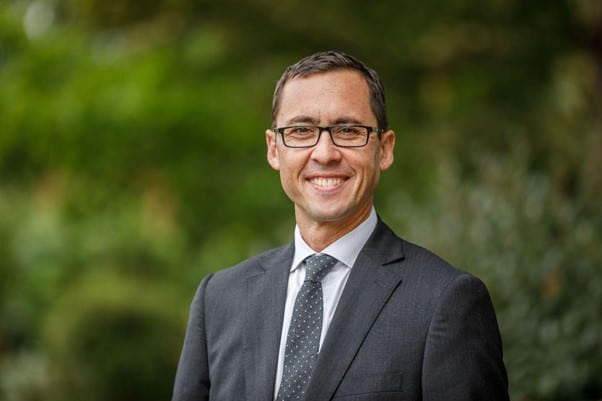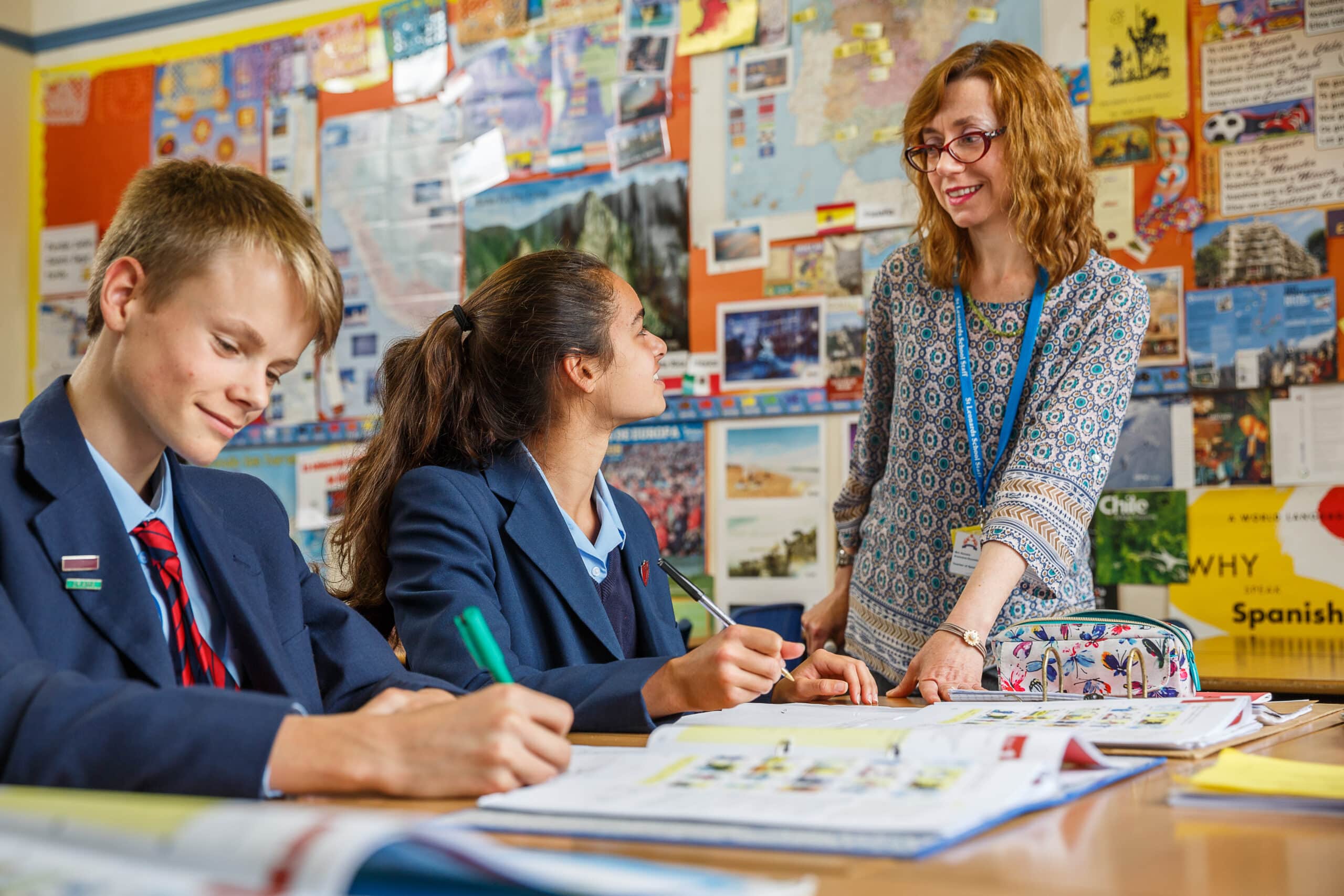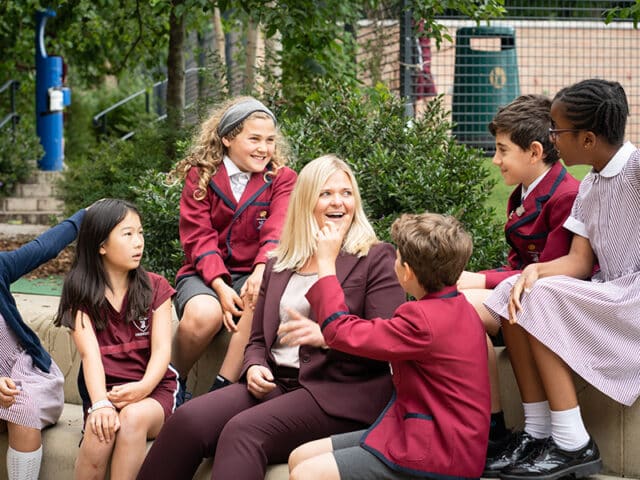Blog
Fluency: the key to lifelong language learning and global opportunity

Simon Brian MA
Head of St Leonards School, St Andrews, Scotland
Read the blog
I still vividly remember that 1980s chemistry lab in a North Yorkshire school where my journey into the world of language learning began. Mr. Donnovan, our charismatic Scot French teacher, who had a knack for rolling his ‘r’s, didn’t waste a moment with formalities. No textbooks, no seating plan – he dived right into the lesson, and within minutes, all 28 of us could count to ten in French. Even I could do it, fresh back in the UK after four years overseas, and with no knowledge of French. It was a quick win, an instant taste of success. In that moment, I was hooked on the novelty, enchantment, and boundless possibilities that this new and exotic(!) language brought.
Those early, exhilarating linguistic experiences have a magical way of capturing the hearts and minds of countless young learners, and we are right to seek them out for our pupils. They fuel a passion that encourages our budding linguists. However, it saddens me to think that the significance of language learning in the UK seems to have dimmed over the years. In my two decades of working in schools across the UK, our ongoing challenge has been to ensure that our approach to language learning is not just seen as relevant, purposeful, and necessary but also as truly inspiring.
The modern mantras surrounding the promotion of language learning might have seemed like distant echoes during my own school days. Back then, I couldn’t have told you that “preparation for an increasingly globalised world” and the “ability to communicate across borders and cultures” were the driving forces for my future. Yet, in retrospect, both my personal and professional life have been shaped profoundly by these very principles.

Yes, my language journey involved grappling with vocabulary and grammar; but, crucially, it opened doors to much broader understanding, and genuinely brought me into contact with diverse cultures; whilst I am sure that fostering empathy and global awareness were some of the intended outcomes, I daresay that this narrative was some way off my radar at the time, even if it sat front and centre with Mr Donnovan, and how he prepared his teaching for us.
The motivation to learn languages today hasn’t really changed all that much; it has always been so much more than just learning words and grammatical peculiarities, and it is still about forging connections, breaking down barriers, building understanding; communicating in our interconnected world. Additionally, the actual teaching and learning of languages has benefited massively from all sorts of tech wizardry, as any modern modern languages teacher will share. So what’s the bigger picture, what’s the longer-term aim of all the language learning that takes place in our schools?
For me, as I look back over the years, it’s all about developing a level of fluency for life. The ability to communicate fluently in a different language opens doors to all sorts of opportunities, and these opportunities are global in their scale. Fluency may sound scary to a population of monoglots, but you need only take a glance at some of our European neighbours – whose second language skills we variously admire and take for granted – to see that fluency should be pursued and its milestones celebrated along the way.
Call it what you want, but achieving a functional/ transactional/ operational/ conversational fluency gives confidence, and in today’s global market it enhances career prospects and empowers young people to thrive in our interconnected world. You don’t need to take on the intricacies of advanced translation or rote-learn the imperfect subjunctive: functional communicative fluency in a second language should be an enduring longer-term goal in our modern-day educational system – this is an ambitiously realistic target for the majority of school learners – what is the linguistic target otherwise? In the end, it’s about celebrating the journey and the doors fluency opens to a richer, more interconnected, and profoundly fulfilling life.
Simon Brian MA, Head of St Leonards School, St Andrews, Scotland
Simon Brian joined St Leonards School, St Andrews, as Head in August 2021. Previously Deputy Head (Academic) at Charterhouse School, Surrey, Simon has a wealth of educational leadership experience from his first Deputy Headship at Cheltenham College, and from his roles at Dulwich College and Highgate School. Simon’s teaching subjects are French and German, and really enjoys leading the global community at St Leonards, one of the UK’s only all-through IB schools.


